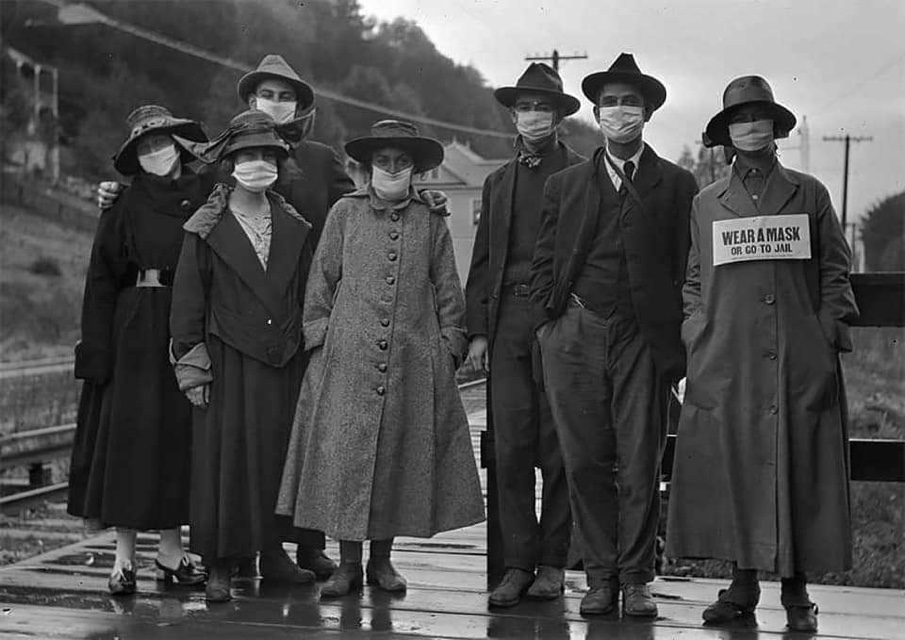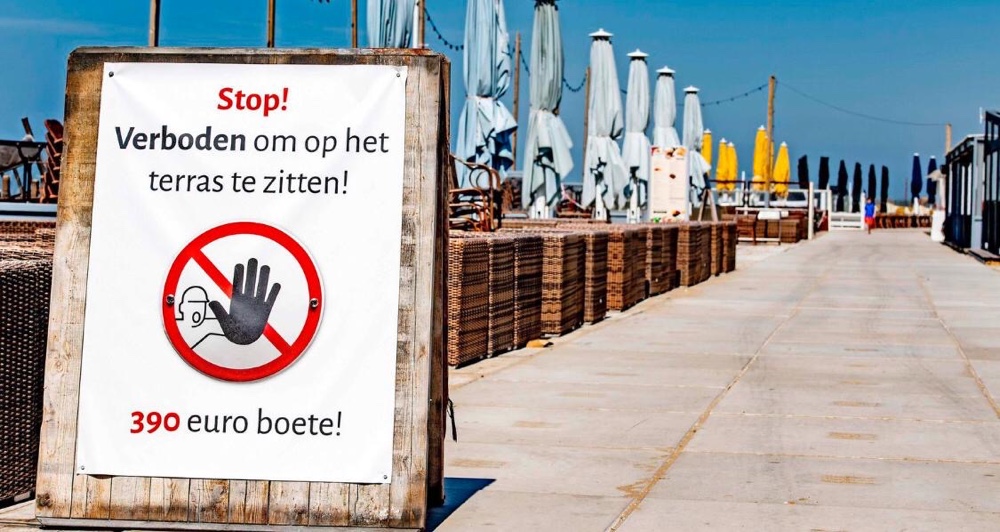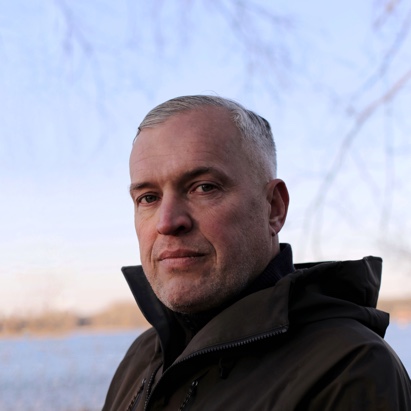PSYCHOLOGICAL SELF HELP
Practical perspectives for action in times of chaos and confusion
Late in 2019 the Wuhan virus was detected in China and the spread of the virus assumed pandemic forms. Since then the way of life of billions of people worldwide has changed completely. Previously, people could move about freely depending on their financial resources and time.
Lockdown
Never before were such draconian measures taken by the governments on such scale, forcing millions of people to stop their activities and stay at home. From one day to another, ‘’reality’’ changed. Euphemistically, this is called a ‘’lockdown’’, whereas in fact it is deprivation of freedom, letting the collective interest prevail over individual interests.
Virus
A nasty virus is going around. At the same time, the mainstream media continually spread messages of doom, contributing to feelings of fear and anxiety. Danger lurks everywhere, people are dying and the invisible enemy has to be battled with relentlessly. Overnight, our familiar world has changed drastically into a ‘’new normal’’, typical Orwellian Newspeak.
What do these messages and changes do to the mental and spiritual wellbeing of people, with their relationships, their feelings of self-esteem and self-determination?
The perfect storm
Any moment, a chain of fatal developments can be set in motion. This is a phenomenon that has occurred throughout the ages. Large-scale disruptions, ranging from ecological disasters, pandemics, a monetary-economic meltdown and world wars are embedded in this earthly reality. When apparently separate crises come together, it is called ‘’The Perfect Storm’’. There is no way of controlling such powers. You can only ‘’ brace for impact’’ and hope that the storm will pass you and your loves ones by.
Mass psychology
Information now travels with the speed of light, so an event on one side of the world is known on the other side in an instant. The terror attacks of 9/11, 2001 and the tsunami in South East Asia on 26/12, 2004 literally caused shock waves of anxiety and panic across the world. Individuals and groups are affected by feelings of powerlessness and despair, not only in the locality but also thousands of miles away, especially when people are suffering and dying on a large scale. What is happening, who or what is possibly behind this?
Desinformation, propaganda and fake news
Mainstream media rely on big news agencies such as AFP, AP, Reuters, Interfax and Xinhua, which continually filter the stream of news and determine what is newsworthy.
However, on the internet there are countless undercurrents of information that are often at odds with the facts as presented by the authorities and mainstream media.In this gigantic mass of data it is difficult to find reliable information as both mainstream media and the internet choose their own presentation of events. On top of this, an abundance of desinformation influences and confuses people. People search on the internet and are guided by emotions like anger, fear and frustration, which gives room for speculation and forms a fertile ground for conspiracy theories.
Quarantine
Clearly, the effects of quarantine measures differ from region to region, country and continent. For example, in a country such as India, tens of millions of people have to survive continuously on the street, not having a home to be locked up in.
In the North of Italy several areas were a source of contamination and the population was forced to stay at home, controlled by the police and the military.
Isolation
Everywhere, people are forbidden to make personal contact. This ‘’social distancing’’ is the new rule, on penalty of fines. This is monitored by the authorities on a large scale. How does this affect people, emotionally and physically? What does this do to the elderly, who are not allowed to see their children and grandchildren anymore?
What does it mean to healthy people if they have to avoid one another on the penalty of fines, a criminal record or even imprisonment? Social isolation, loneliness, depression, anxiety attacks and suicide have become common symptoms, especially among those already suffering from psychological or psychiatric conditions. Substance abuse as an escape from reality undermines physical and mental resilience.
Feelings of despair intensify as the economy remains in lockdown, employers and employees are not allowed to work, companies go bankrupt, masses of people are laid off and experience financial problems. Domestic violence, child abuse, and other crimes become more prevalent.
Action perspectives
For any individual it is essential to have a safety net of family, friends, neighbours and like-minded people.
If you don’t have a social network, there are still enough possibilities to enable you to keep a cool head, a clear mind and a fit body.
Structure
‘’A healthy mind in a healthy body’’ is the lesson taught from generation to generation. Creating structure by following a routine of getting up at a fixed time, making your bed, washing and some fixed rituals, creates clarity and self-discipline. This strengthens mental resilience. If there is no external safety net, you need to organise it yourself.
Compartmentalise
When you are facing major challenges, cut the problem into simple, bite-sized chunks, so you get an overview. Work steadily, and don’t try to do too much in one time.
The time that you live is precious. When your stomach is full, and you can safely relax, play board or card games with family and friends, read a book, learn a language and playfully get to know your own physical and mental system. It is there to serve you and it needs attention.
Mobility
When you live in the city and need to do your shopping, it is best to do it as early as possible. Avoid crowds at all times, also public transport and public places. Walk, take your bike or the car. Do not be tempted into discussions or agitation, keep your calm, watch, listen and do what you feel is best. Be alert on the street, look around you, as there are predators out there.
Nature
The best remedy for stress , depression, fatigue and anxiety is to go for a daily walk in nature for at least an hour. This has a natural and soothing effect on the autonomous nervous system causing relaxation. Fresh air and movement ensure good blood circulation and create space in your heart and mind.
Energy management
A number of things are essential for your physical and mental wellbeing.
For an individual, it is of vital importance to keep physically and mentally fit. First of all, it is important to breathe consciously,. If your feel fear, panic or anger, breathe deeply at least three to ten times in and out from you stomach . That will immediately create peace. Movement is essential, so take the stairs, walk, swim, practice strength and agility training, avoid overload and injuries. Nutrition provides you with the building blocks for your body. The quality of your food also affects your state of mind. Make sure you eat high quality food when available, preferably free from sugar and artificial additives.
Sleep is essential for recovery, for recharging your body after all the work you have done and for processing the experiences of the day. The better you sleep, the better your recovery.
Hygiene is essential as a dirty body is susceptible to infectious diseases. Dirty teeth can lead to inflammations and fever. Therefore make sure you clean your teeth and wash yourself daily.
For personal safety you have to be alert and aware of your environment. What danger signals are there? Name them and discuss them with your loved ones.
For family and relatives:
Depending on the quality of contact, your family is traditionally the safe haven. It is important to make arrangements regarding the household tasks. Take time for your family, be kind, support one another. That strengthens the bonds in daily life, also when circumstances change. Caring for a pet can be very relaxing and give enormous joy and warmth.
In terms of social safety, keep an eye on each other.
For the neighbourhood:
Support others in your environment when they are in need of help. A good neighbour is better than a distant friend. Create an elementary partnership on street level, based on trust and shared interest. Make an inventory of who has what qualities, so that you can count on each other when needed. Social cohesion ensures safety.
.jpg)


.jpg)
.jpg)

